Don Roberto was the Stirlingshire-descended laird who abandoned aristocratic circles to become a South American gaucho before returning to campaign for Scottish Home Rule.
Robert Bontine Cunninghame Graham, who was nicknamed Don Roberto while in Argentina, went on to co-found the Scottish Labour Party and became the founding president of the Scottish National Party.
But why is this “toff” who became a champion of the oppressed – one of the first MPs to call himself a socialist – not better remembered in Scotland today?
It’s a question that his great-great-nephew James Jauncey of Birnam, Perthshire, will explore when he’s interviewed by Perthshire North MSP and First Minister of Scotland John Swinney at the Pitlochry Festival Theatre Winter Words Festival on February 22.
In his first biography, Don Roberto, published in 2023, James delved into the life of his great-great-uncle – the prolific writer, visionary, horseman, adventurer, and humanitarian.
The author is now taking the opportunity to ask why a man who stood for many things which still resonate loudly today remains largely overlooked in Scotland.
“He’s not nearly as well-known as he ought to be, given all the things he did and what he represented in his lifetime,” said James, 75, in an interview with The Courier from his home in Birnam.
“He’s kind of been overlooked. There are reasons for that. But it’s a great story, and I’m very pleased that I’ve managed to get John Swinney to interview me about him.”
How did aristocrat Don Roberto become a radical ahead of his time?
James Jauncey, whose biography of Don Roberto (1852 – 1936) offers a vivid and personal portrait of the man, believes that his ancestor’s story is one that speaks as much to modern Scotland as it did to his own time.
It’s a tale woven into the landscapes of Perthshire and Stirlingshire – regions that James describes as vital to his own sense of identity and to understanding Don Roberto’s radical vision for what he regarded as a better Scotland.
Born into an aristocratic family which had been based in Gartmore, Stirlingshire, for 300 years, he was born into privilege. But he chose to advocate for the working class.
Political roots ran deep with both his paternal and maternal grandparents serving as Whig MPs for Stirling.
Don Roberto’s radicalism was shaped both by family tradition and by a formative chapter abroad.
At 17, at a time when his family had effectively gone broke, he left Scotland for Argentina to make his fortune as a cattle rancher.
There, he lived and worked as a gaucho, or cowboy.
“I think going to South America really opened his eyes to injustice,” James reflects.
“He saw how the indigenous people were treated, how European colonists created hierarchies that entrenched poverty and discrimination.
“It ignited his sense of social justice.”
Don Roberto was first British MP to declare himself a socialist
Returning to Britain, Don Roberto entered politics, becoming a Liberal MP and, according to the author, the first to openly declare himself a socialist.
He championed causes that remain strikingly relevant: an eight-hour working day, free school meals, national parks, and universal suffrage.
A strong supporter of Scottish independence, he went on to co-found the Scottish Labour Party with Keir Hardie, and became the party’s first president.
However, becoming disillusioned with Westminster’s failure to address Scotland’s needs in the bleak years after the First World War, he increasingly turned to Scottish nationalism.
He helped establish the centre-left National Party of Scotland – a forerunner of the Scottish National Party – and became the first honorary president of the SNP in 1934.
“His belief in independence was tied to his desire for social justice,” James reflects.
“He saw Scotland suffering from terrible poverty and neglect in the 1920s, and he felt that only Scots governing Scotland could address these problems.”
Don Roberto is a ‘forgotten visionary’
Despite his achievements, his legacy has faded from popular memory.
James attributes this to several factors, including class politics and the challenges of reconciling Don Roberto’s aristocratic background with his radical views.
“He’s overlooked by Labour because of his class and by the SNP because he’s seen as a kind of eccentric uncle figure,” James explained.
“But almost everything he stood for rings true today.”
Indeed, many of the causes Don Roberto championed – workers’ rights, equality, and environmental stewardship – align closely with modern values.
As James reflects in his book, writing about his great-great-uncle also became a journey of personal discovery.
“I’d known the stories all my life, but writing the book allowed me to connect with him in new ways,” he said.
“It was also a way of reflecting on my own life and what it means to carry forward his legacy.”
Rooted in Perthshire’s landscape and culture
For James, the landscapes of Perthshire have been central to both his writing and his understanding of Don Roberto’s life.
Born in Comrie and now based in Birnam, James describes the region as “absolutely in my bones.”
“Spending my childhood in Perthshire gave me a deep connection to the land,” the father-of-four said.
“The history here feels close to the surface, and that sense of place has always influenced my work.”
The Winter Words Festival at Pitlochry Festival Theatre, where James will appear, is a fitting setting for this discussion.
The theatre, a hub of literary and cultural activity in Highland Perthshire, has recently gained new prominence with Tayside-raised Hollywood star Alan Cumming as its artistic director.
“I’ve been involved in Winter Words before, and I think it’s a wonderful event,” said James, who sat on the board of the Edinburgh International Book Festival and chaired the Society of Authors in Scotland.
Don Roberto and the independence debate
James’s exploration of Don Roberto’s life coincided with his own growing interest in Scottish independence, particularly during the 2014 referendum.
“I’ve never been especially political,” he said.
“But during the referendum, I found myself very much in favour of independence. It was fascinating to realise I had this ancestor who was a founding president of the SNP. Writing about him felt like a way to contribute to the conversation.”
If Don Roberto were around today, James believes he would be encouraged by the relatively strong support for Scottish independence but frustrated by the machinery of modern politics.
“He wasn’t a team player,” James said.
“He was big on ideas but less effective at execution. He’d likely find today’s party politics stifling. But his belief in social justice and self-determination would resonate strongly. I think he might even be a ‘green’ if he was around today.”
Don Roberto’s lasting legacy
James’ book, Don Roberto: The Adventure of Being Cunninghame Graham, weaves together historical research with James’s personal reflections, offering a vivid portrait of a man who was arguably ahead of his time.
As the Winter Words Festival approaches, audiences in Perthshire and beyond will have the chance to engage with Don Roberto’s story and reflect on its relevance to Scotland’s past, present, and future.
*James Jauncey in conversation with First Minister John Swinney, Winter Words Festival, Pitlochry Festival Theatre, February 22.
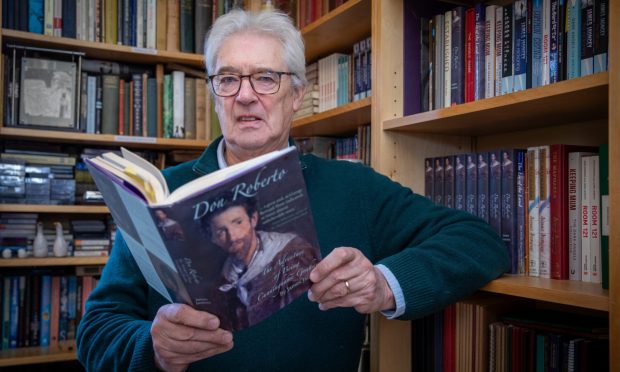







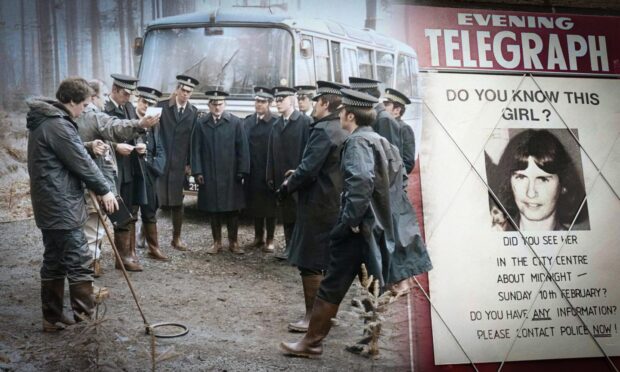
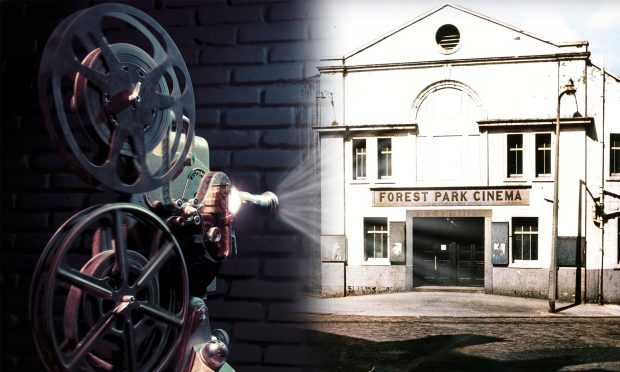
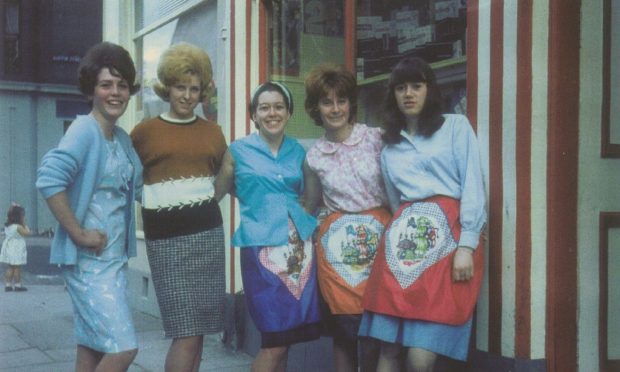
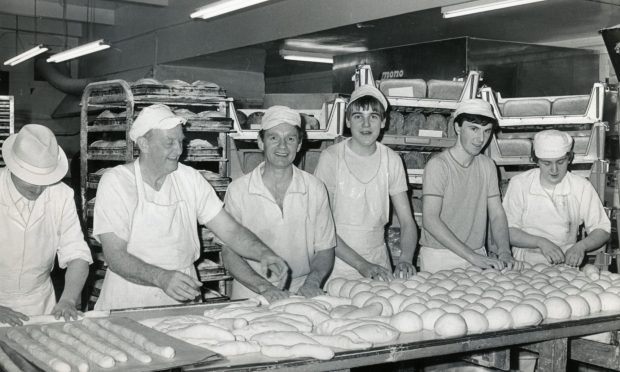
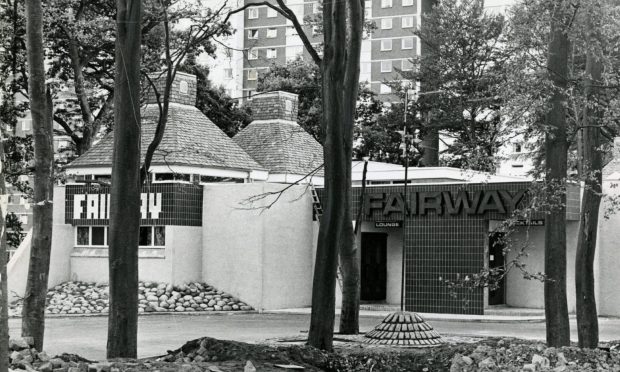
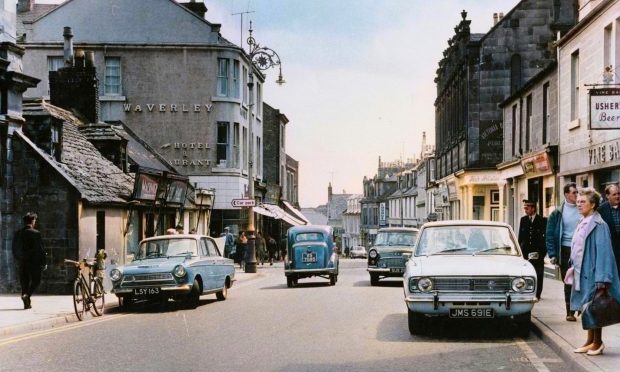
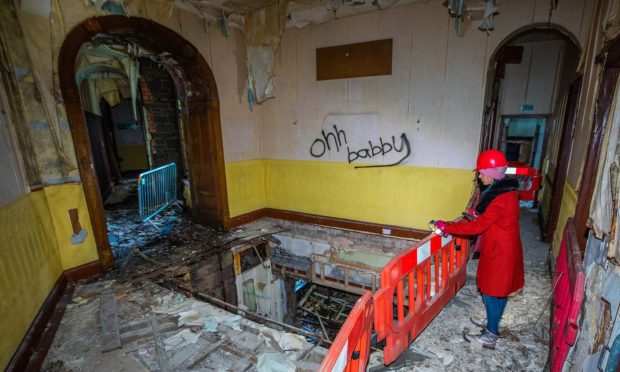
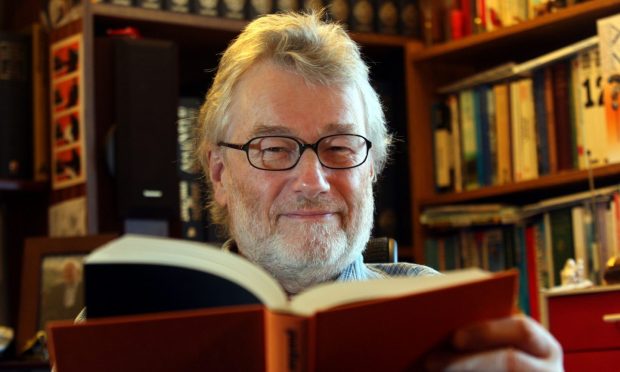
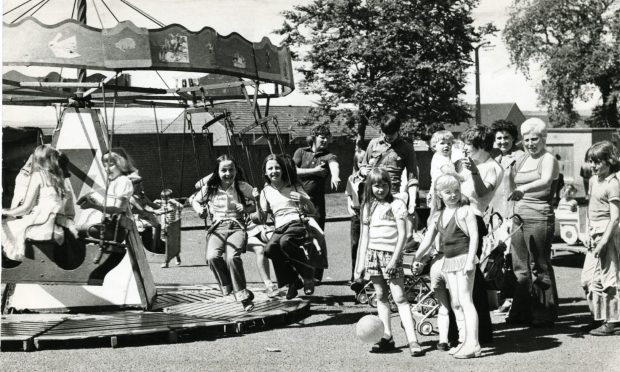
Conversation